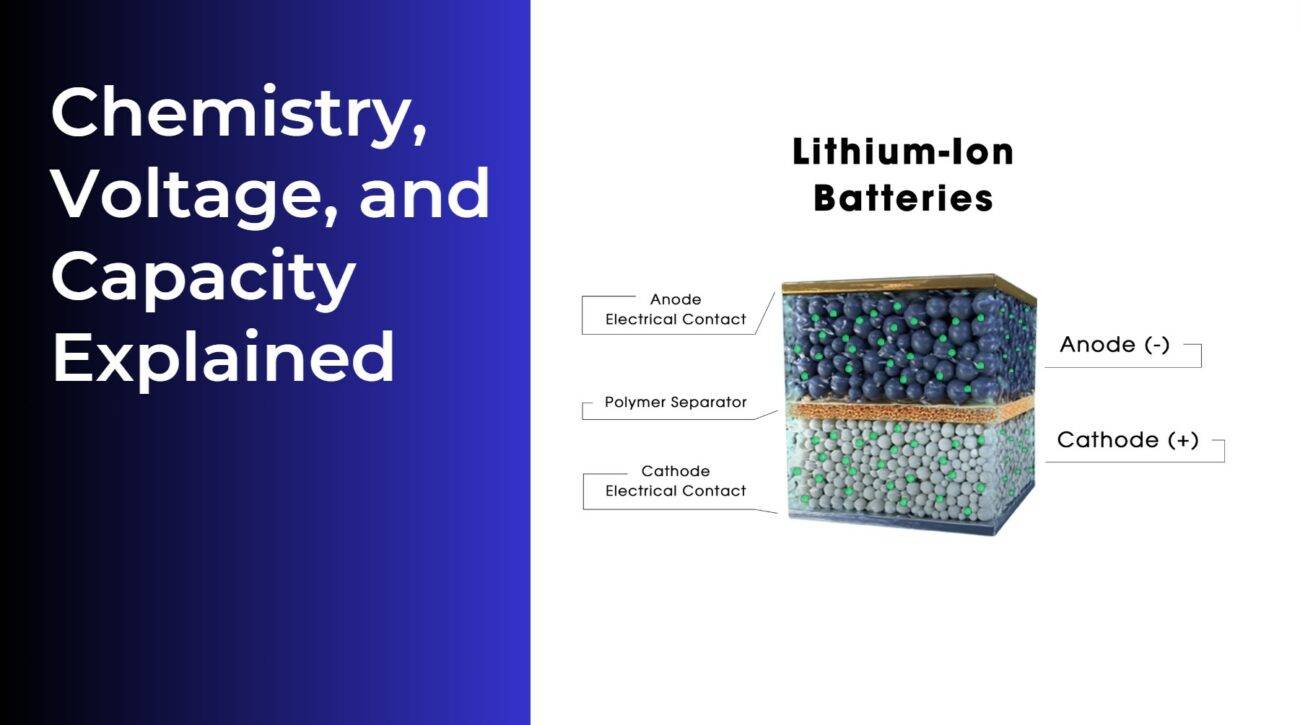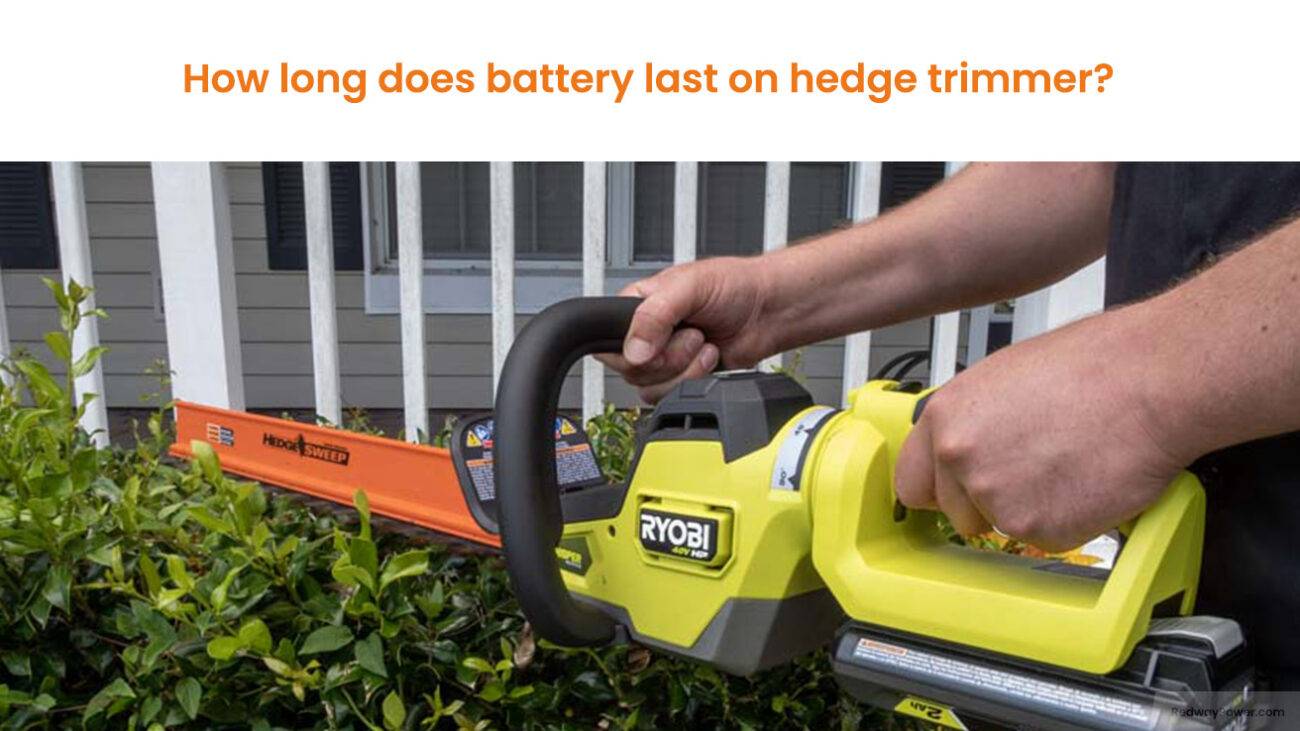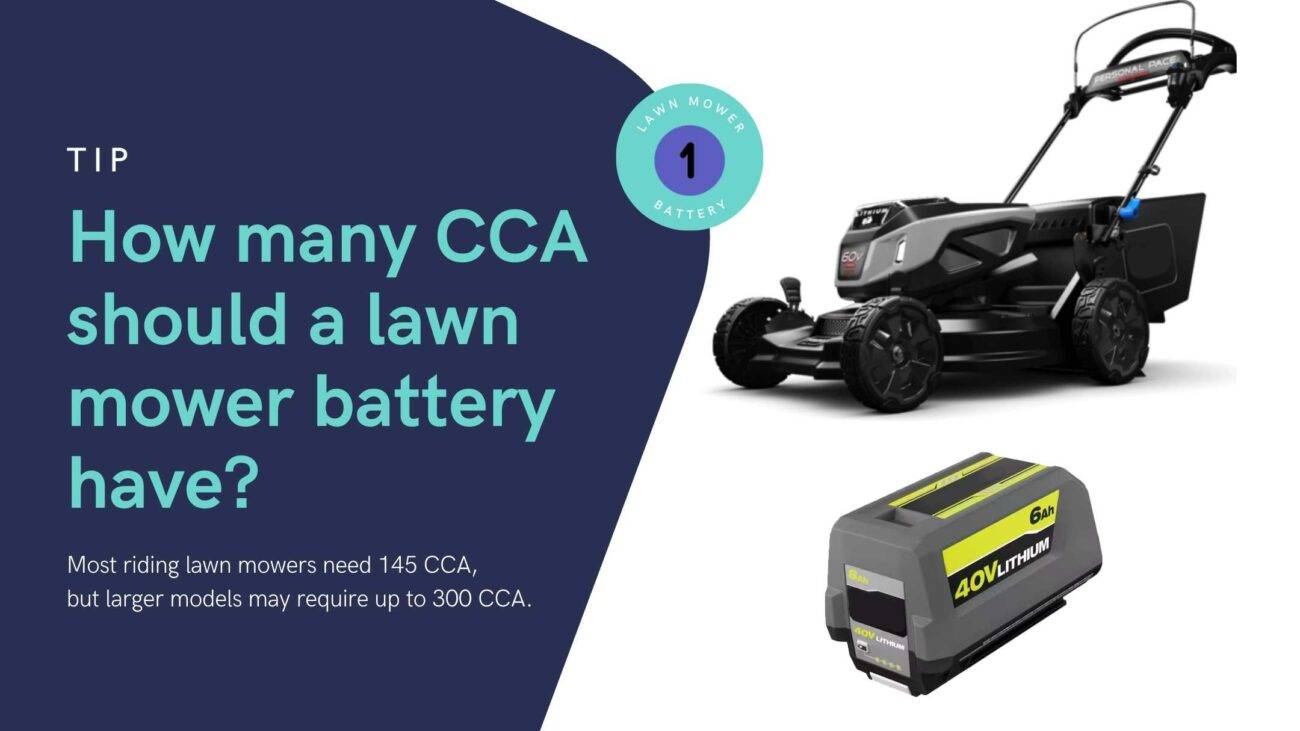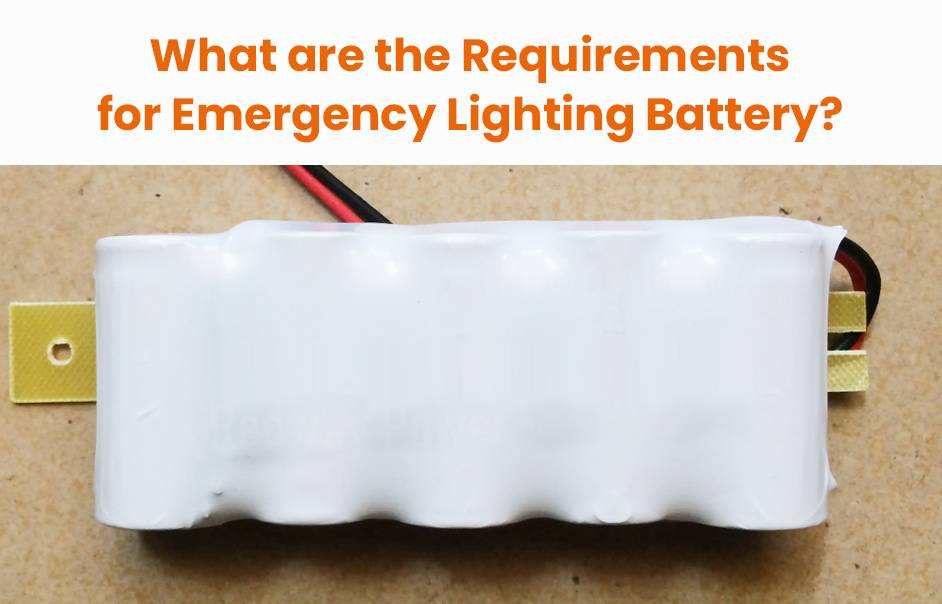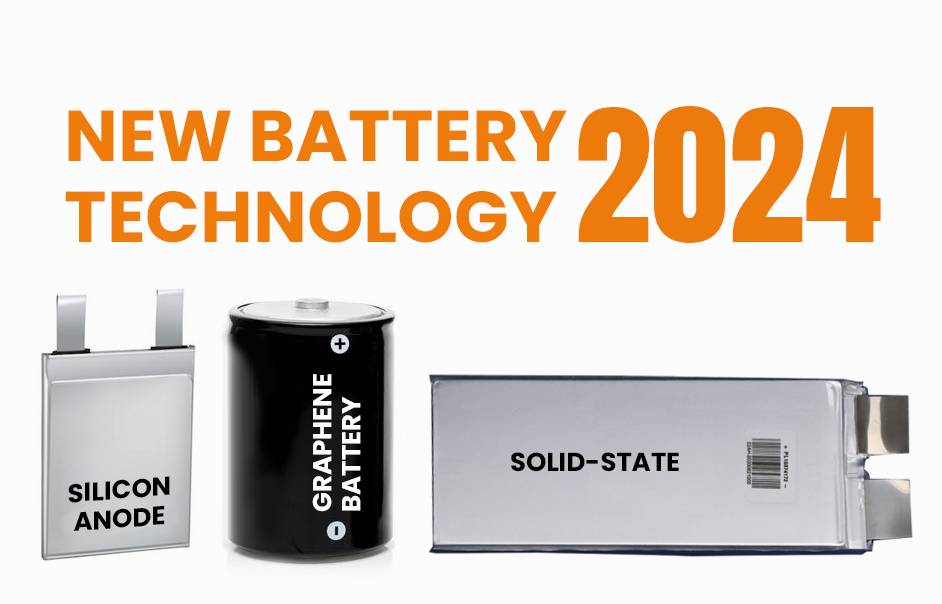Breathe easy without cords or gas fumes – welcome the battery-operated lawn mower, a modern, eco-friendly solution for convenient and efficient yard care. However, innovations come with trade-offs, and this blog post focuses on a key drawback: limited battery life. Join us in exploring the world of battery-operated mowers, uncovering their advantages and limitations. So, put on your gardening gloves, and let’s delve into the details!
Advantages of battery operated lawn mowers
Battery-operated lawn mowers have become popular for their eco-friendliness and convenience. Here are key advantages:
- Zero Emissions: These mowers produce no emissions, making them an environmentally friendly choice and ideal for reducing carbon footprints.
- Cordless Convenience: No dealing with cords or the hassle of refilling gas tanks. Simply charge the battery and start mowing without extra preparations, saving time and eliminating the need for storing hazardous fuels.
- Quiet Operation: Battery mowers are quieter than gas counterparts, allowing peaceful lawn maintenance without disturbing neighbors or causing noise pollution.
- Easy Maintenance: With no oil changes or spark plug replacements required, maintenance is straightforward. They generally need less upkeep, leading to long-term cost savings.
In conclusion, battery-operated lawn mowers offer homeowners a convenient and environmentally friendly way to maintain their lawns with benefits like zero emissions, cordless operation, quietness, and easy maintenance.
The major disadvantage: limited battery life
The battery-operated lawn mower offers benefits like eco-friendliness and quiet operation, but its significant drawback is the limited battery life. Here’s a breakdown:
- Short Usage Time: Batteries typically last 45 minutes to an hour, suitable for small yards but inadequate for larger lawns.
- Potential Frustration: Running out of battery midway can be frustrating, necessitating interruptions for recharging, particularly inconvenient for those with time constraints.
- Additional Costs: Manufacturers provide solutions like extra batteries or fast-charging options, but these add extra costs, contributing to the overall expense compared to traditional gas-powered mowers.
Considering these factors helps homeowners weigh the convenience of battery-operated mowers against the trade-off in performance.
How long do batteries typically last?
When using a battery-operated lawn mower, considering the battery life is crucial. Here’s a breakdown:
- Battery Size and Capacity: Larger, higher-capacity batteries generally have a longer lifespan than smaller ones.
- Grass Type and Lawn Condition: Thick or overgrown grass, as well as uneven terrain or obstacles, can impact battery life by requiring more power for cutting and maneuvering.
- Average Cutting Time: Most electric lawn mower batteries provide around 30-60 minutes of continuous cutting. However, individual usage patterns and conditions may vary.
To address the limitation of limited battery life, some models offer features like dual-port chargers or interchangeable batteries, allowing users to quickly swap drained batteries for fully charged ones and continue mowing without interruptions. While this remains a drawback compared to gas-powered mowers, solutions are available to maximize productivity.
Alternative solutions for longer use
When dealing with the limited battery life of battery-operated lawn mowers, consider these alternative solutions for longer use:

- Invest in Additional Batteries: Have multiple batteries on hand, allowing you to swap them out as needed and ensure uninterrupted mowing time.
- Choose Larger Battery Capacity: Opt for models with high-capacity batteries for extended running times between charges, although this may come with an additional cost.
- Adjust Mowing Routine: Keep your grass regularly trimmed to reduce the time needed for each mowing session.
- Explore Corded Operation: Some models offer the option to connect to an external power source temporarily, providing continuous operation when the battery runs low.
Remember to weigh the trade-offs of each solution, considering factors like cost and potential limitations, before making your decision. While limited battery life remains a drawback, these alternatives offer ways to extend your cutting time and maintain a pristine lawn throughout the season.
Cost comparison between battery operated and traditional lawn mowers
Consider the cost factors when deciding between battery-operated and traditional lawn mowers:
- Higher Initial Cost for Battery Mowers: Battery-operated mowers, known for their eco-friendly and low-maintenance features, come with a higher upfront cost ranging from $200 to $600, depending on brand and features.
- Affordable Upfront Price for Gas Mowers: Traditional gas-powered mowers have a more affordable starting price, with basic models available from $150. However, they require ongoing maintenance, including fuel, oil changes, and spark plug replacements, leading to additional costs over time.
- Lower Ongoing Costs for Battery Mowers: Battery mowers have lower ongoing costs as they don’t require fuel or messy oil changes. They also have fewer parts to replace compared to gas mowers. However, battery replacement every 3-5 years adds to the long-term expenses.
When making a decision, consider your budget, maintenance preferences, and environmental concerns. Whether you prioritize upfront affordability or long-term sustainability will influence the best choice for your lawn care needs!
Is the convenience worth the trade-off?
Consider your priorities when deciding between battery-operated and traditional lawn mowers:
- Convenience of Battery Mowers: If you have a small yard and don’t mind occasional battery swaps, a battery-operated mower offers eco-friendliness, quiet operation, and ease of use. However, it may not be ideal for extended mowing sessions.
- Extended Runtime with Gas Mowers: For larger yards requiring uninterrupted mowing, a traditional gas mower may be more suitable. Despite noise and maintenance drawbacks, gas mowers provide longer runtimes without battery concerns.
- Budget Considerations: Battery mowers are pricier upfront, but they have lower ongoing maintenance costs. Gas mowers are more affordable initially but incur higher ongoing expenses for fuel, oil changes, and parts replacement.
In making a decision, assess your yard size, tolerance for maintenance, and environmental concerns. Thoroughly research different models and consider technological advancements, as future innovations may offer even better options. Remember, maintaining a lush lawn can align with environmental consciousness, regardless of the mower type you choose!















